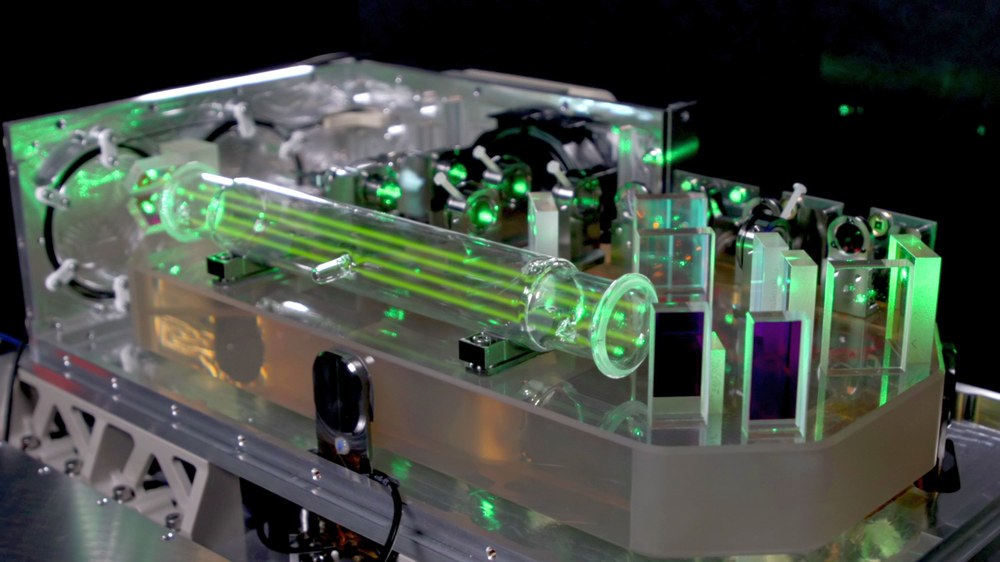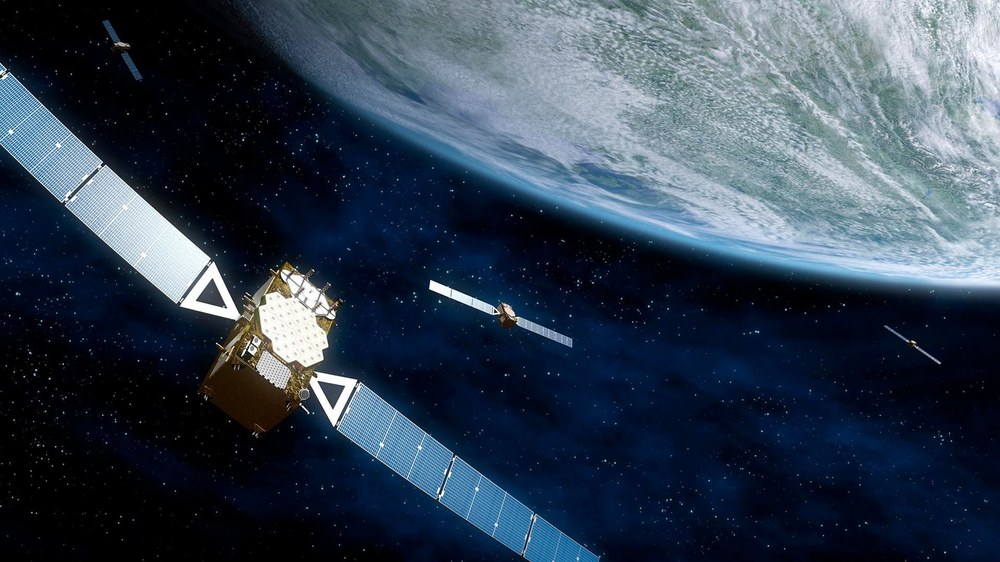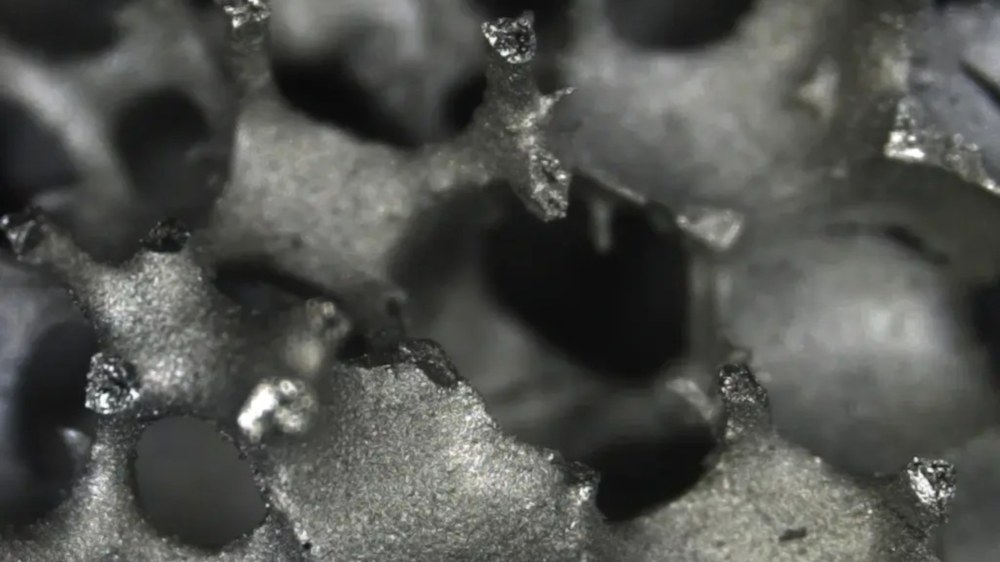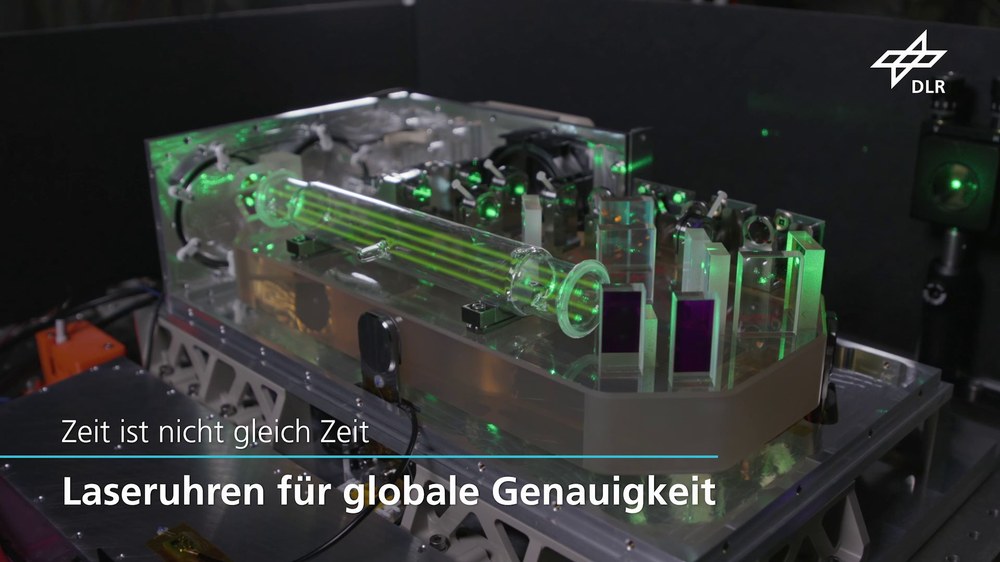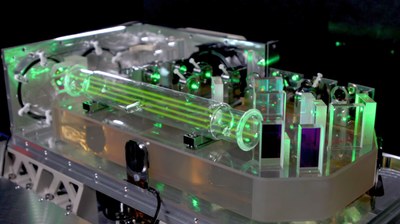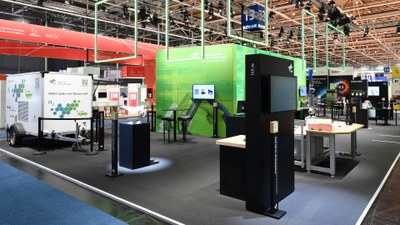Launch of eavesdrop-proof quantum communication in Ulm
DLR and Ulm University have successfully started operating a joint quantum communication network. On 27 January 2025, Ulm researchers demonstrated the tap-proof transmission of computer data using Quantum Key Distribution (QKD).

